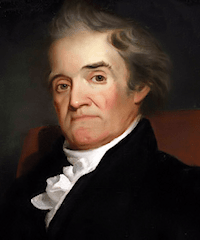And how would Merriam-Webster know if we did not exist prior to being born. If you want to trust the dictionary over the word of God, be my guest.
What is a dictionary? Definitions of words as defined by humans
What is the Bible? A human written book claiming to be the word of God.
Both things come from humans.
A definition of a word doesn't even matter really. We made words based on how we perceived the world back in the day. We saw a fetus as not "alive".
What is real?
We need to go look at what "life" is.
We as humans are made up of molecules. Molecules are made up of atoms. Different atoms have different amounts of neutrons, protons and electrons.
Each of those is made up of energy that is doing different stuff.
So, why does an atom/molecule in a stone do different things to an atom in a human body?
Well, in a human body the "living" parts are more likely to decay than in a stone or other "non-living" things.
Decaying simply means changing. So, an apple will grow, it will take energy from one place and put it into the growing apple, then the apple will stop growing and it will fall on the ground and then disappear.
So, it's just energy moving faster. That's "life".
Then we have the idea of "I". Why do I think? Why do I feel like I am me?
We don't know, however quantum physics is the most likely to answer this question, at some point in the distant future. Maybe AI will answer it for us.
However, atoms follow rules, we just don't understand those rules.
We can't say "a baby becomes alive at this very moment" because "alive" isn't like that.
We ask the chicken and the egg question. Which came first? Doesn't work like that. A "chicken" is merely a classification. Before chickens there was something else, very much like a chicken, but not called a chicken, and at some point we changed the classification, but not within a specific day. More like thousands of years. When did homo sapiens become homo sapiens and not homo helmei or others.
I could go on and on, but the basics here are understanding what is being spoken about, rather than saying that something is something because of a dictionary definition, or even the Bible.



